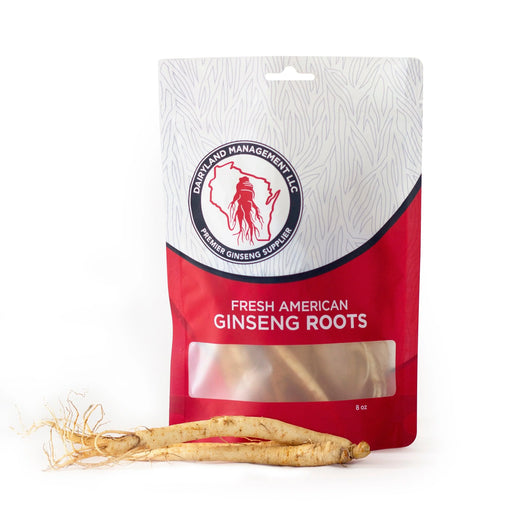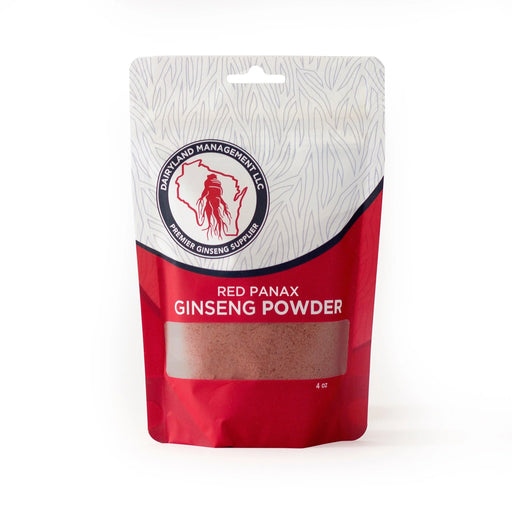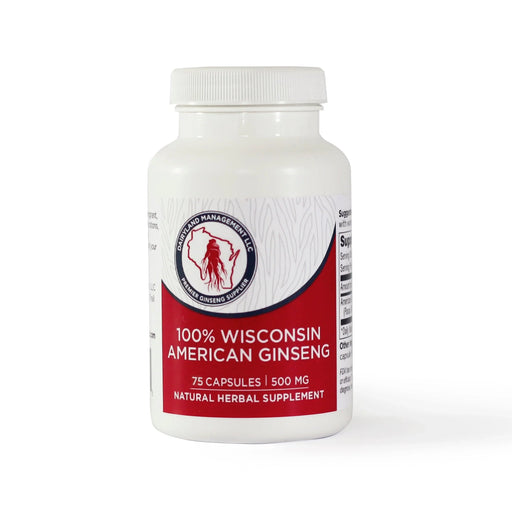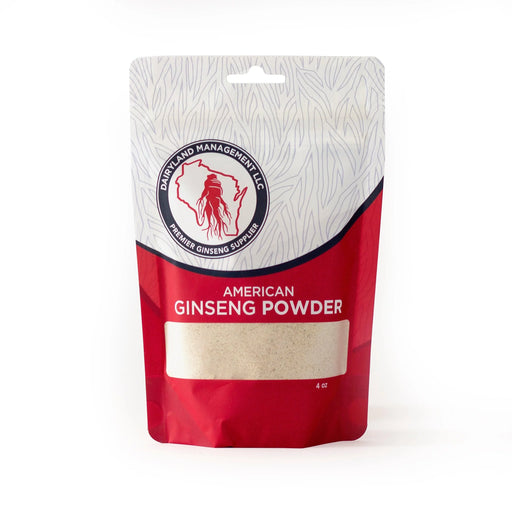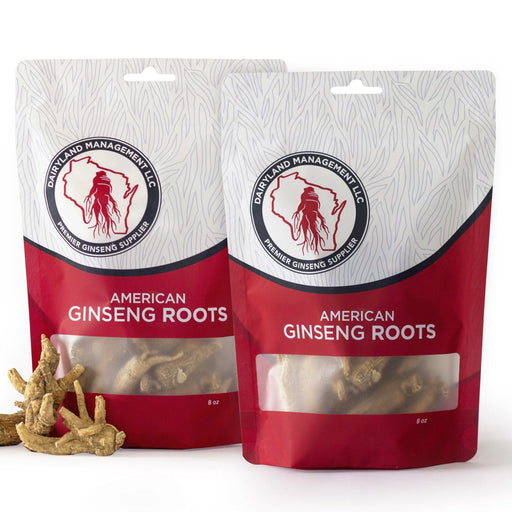How Do I Store Ginseng?
Proper storage of ginseng is essential to maintain its freshness, potency, and quality. Whether fresh, dried, powdered, or in capsule form, ginseng requires specific conditions to ensure its beneficial properties are preserved. Here’s a guide on how to store ginseng correctly based on its form.
1. Storing Fresh Ginseng
Fresh ginseng is the most delicate form and requires careful handling to maintain its freshness and prevent spoilage.
Steps to Store Fresh Ginseng:
- Clean and Dry: Gently rinse the fresh ginseng root under cold water to remove any dirt. Pat it dry with a paper towel.
- Refrigeration: Wrap the ginseng root in a damp paper towel and place it in a resealable plastic bag. Store it in the vegetable crisper of your refrigerator.
- Monitor Moisture: Ensure the paper towel remains slightly damp but not wet to prevent mold growth.
- Freezing for Long-Term Storage: If you need to store fresh ginseng for an extended period, place the root in an airtight container or freezer bag and freeze it. Thaw as needed before use.
Shelf Life:
- Refrigerated: Fresh ginseng lasts up to 2–3 weeks.
- Frozen: Fresh ginseng can be stored for 6–12 months.
2. Storing Dried Ginseng
Dried ginseng is more stable than fresh ginseng and can last much longer with proper storage.
Steps to Store Dried Ginseng:
- Keep It Airtight: Store dried ginseng in an airtight container to prevent exposure to air and moisture.
- Cool, Dark Place: Place the container in a cool, dry, and dark location, such as a pantry or cupboard, away from direct sunlight.
- Avoid Humidity: Use silica gel packets or a desiccant to absorb moisture in the container.
Shelf Life:
- Properly stored dried ginseng can last 1–2 years.
3. Storing Ginseng Powder
Ginseng powder is convenient but requires careful handling to avoid clumping and loss of potency.
Steps to Store Ginseng Powder:
- Airtight Container: Transfer the powder to an airtight jar or container if it comes in a less secure package.
- Cool, Dry Place: Store it in a pantry or cupboard, away from heat and humidity.
- Avoid Contamination: Use a clean, dry spoon to scoop out the powder, as introducing moisture can cause clumping.
Shelf Life:
- Ginseng powder lasts 1–2 years when stored correctly.
4. Storing Ginseng Capsules or Supplements
Capsules and supplements are the easiest form of ginseng to store due to their packaging.
Steps to Store Ginseng Capsules:
- Original Packaging: Keep the capsules in their original bottle with the lid tightly closed.
- Dry, Cool Location: Store them in a dry place, such as a pantry, away from sunlight and heat.
- Check Expiry Date: Regularly check the expiration date on the bottle to ensure the product remains effective.
Shelf Life:
- Ginseng capsules typically last up to 2 years, depending on the manufacturer.
5. General Storage Tips for All Forms
- Avoid Heat and Light: High temperatures and direct sunlight degrade the active compounds in ginseng, reducing its potency.
- Prevent Moisture Exposure: Moisture can lead to mold, clumping, or spoilage, depending on the form of ginseng.
- Label and Date: If transferring ginseng to new containers, label them with the type and date of storage for easy tracking.
- Check for Signs of Spoilage: Discard ginseng that shows signs of mold, discoloration, or an unusual odor.
Why Proper Storage Matters
Properly stored ginseng retains its health benefits, including its adaptogenic properties, antioxidants, and ginsenosides. Incorrect storage can lead to a loss of potency, unpleasant flavors, or even spoilage, making the ginseng ineffective.
Conclusion
Storing ginseng properly ensures its longevity and preserves its health benefits. Fresh ginseng needs refrigeration or freezing, while dried and powdered forms should be kept in airtight containers in a cool, dark place. Capsules require little effort and can be stored in their original packaging. With these tips, you can keep your ginseng potent and ready to support your health whenever needed.

